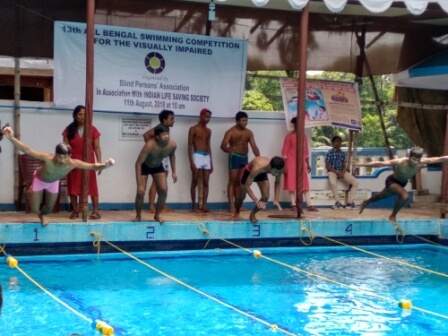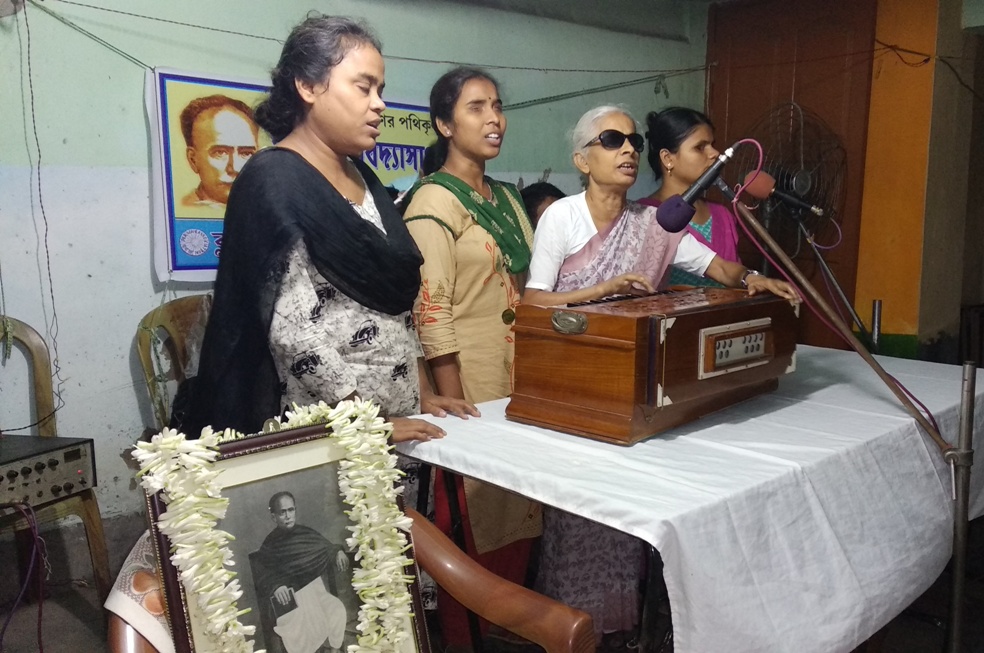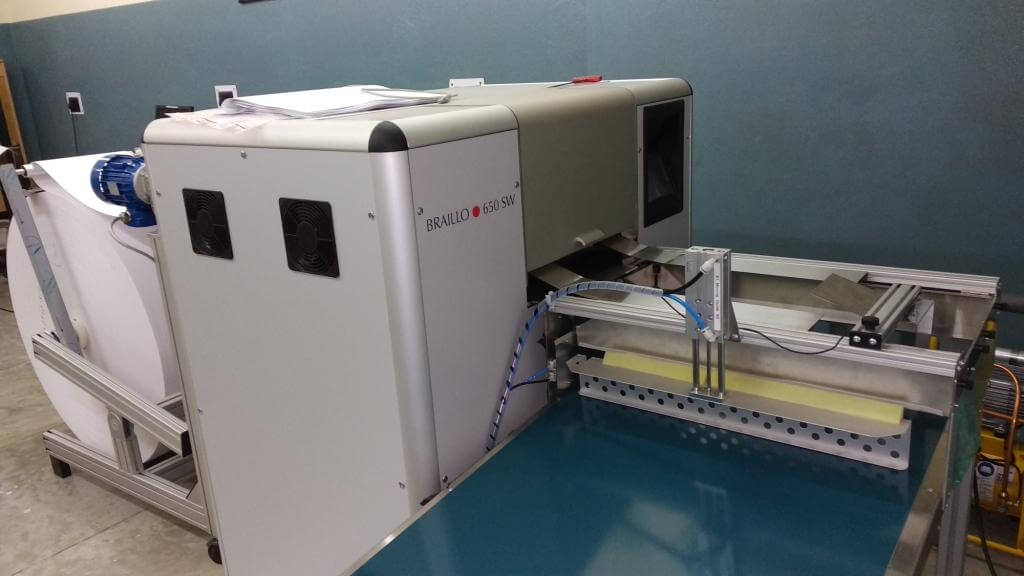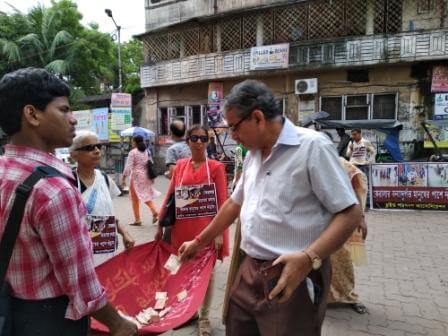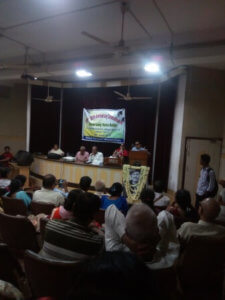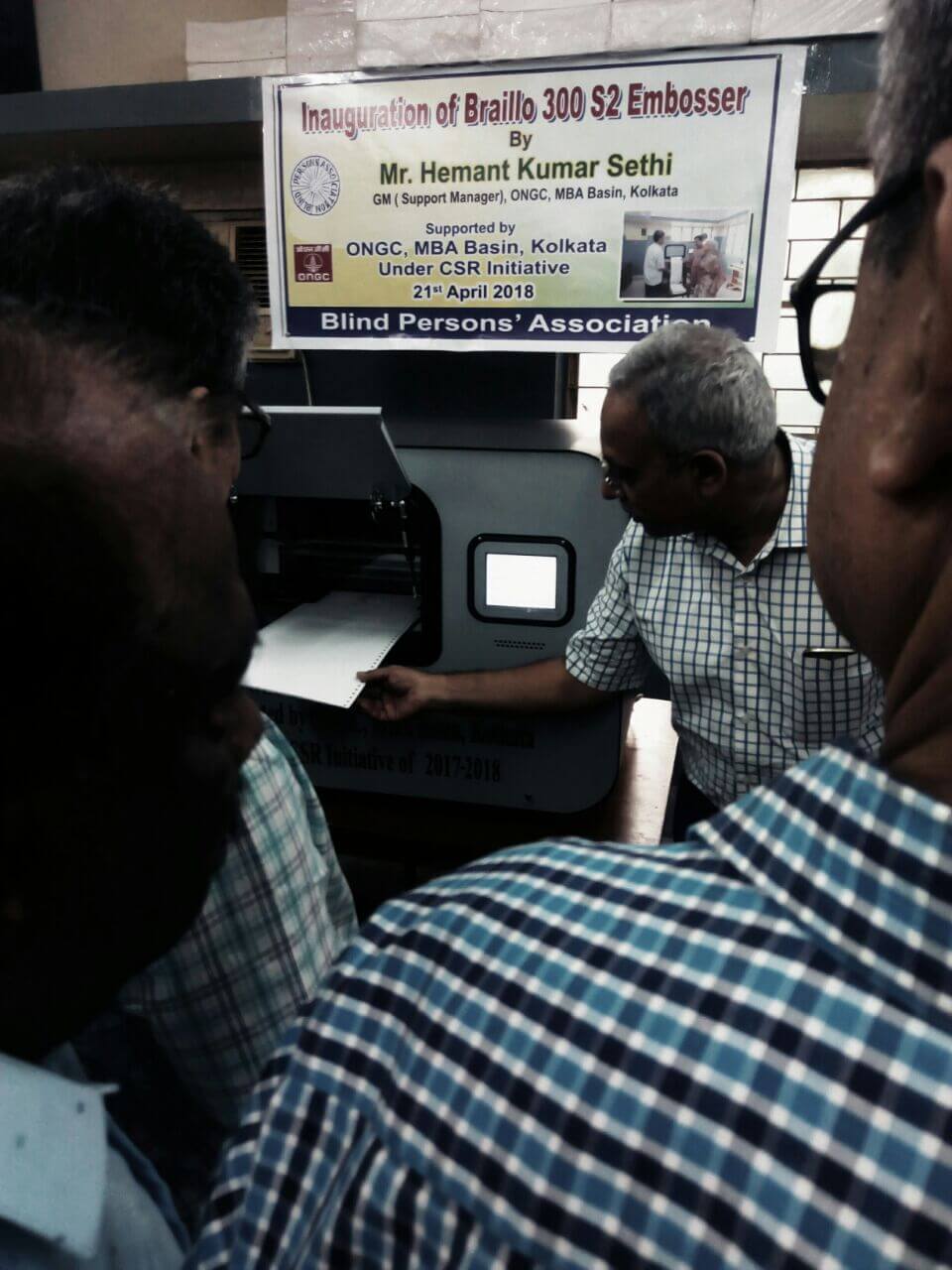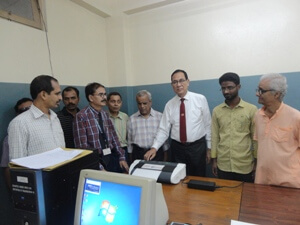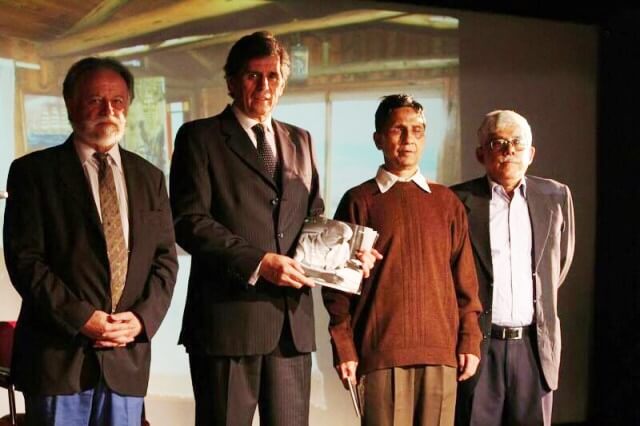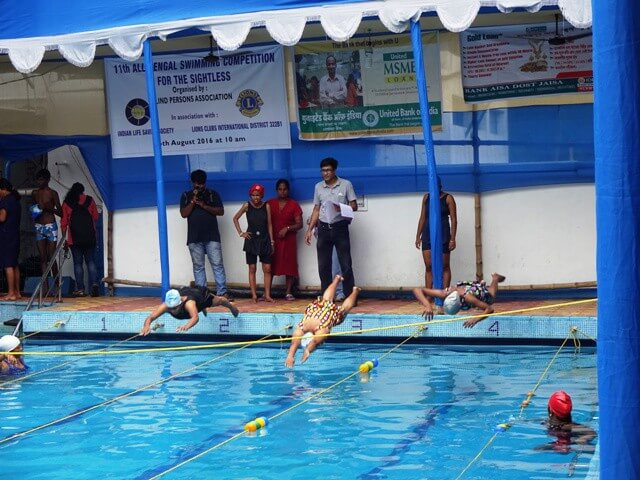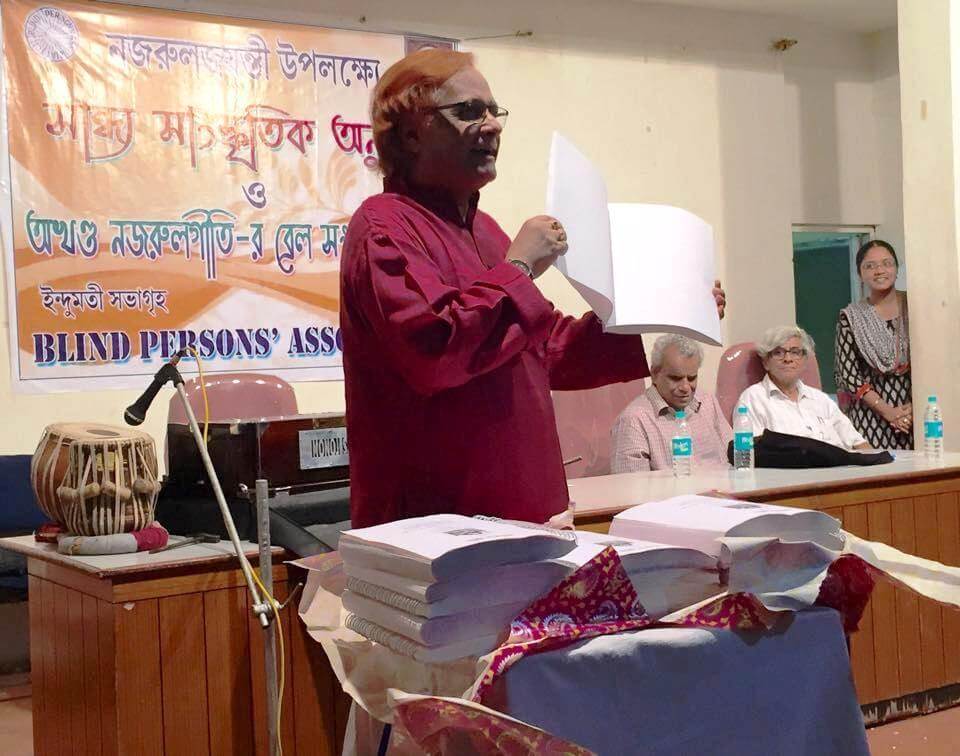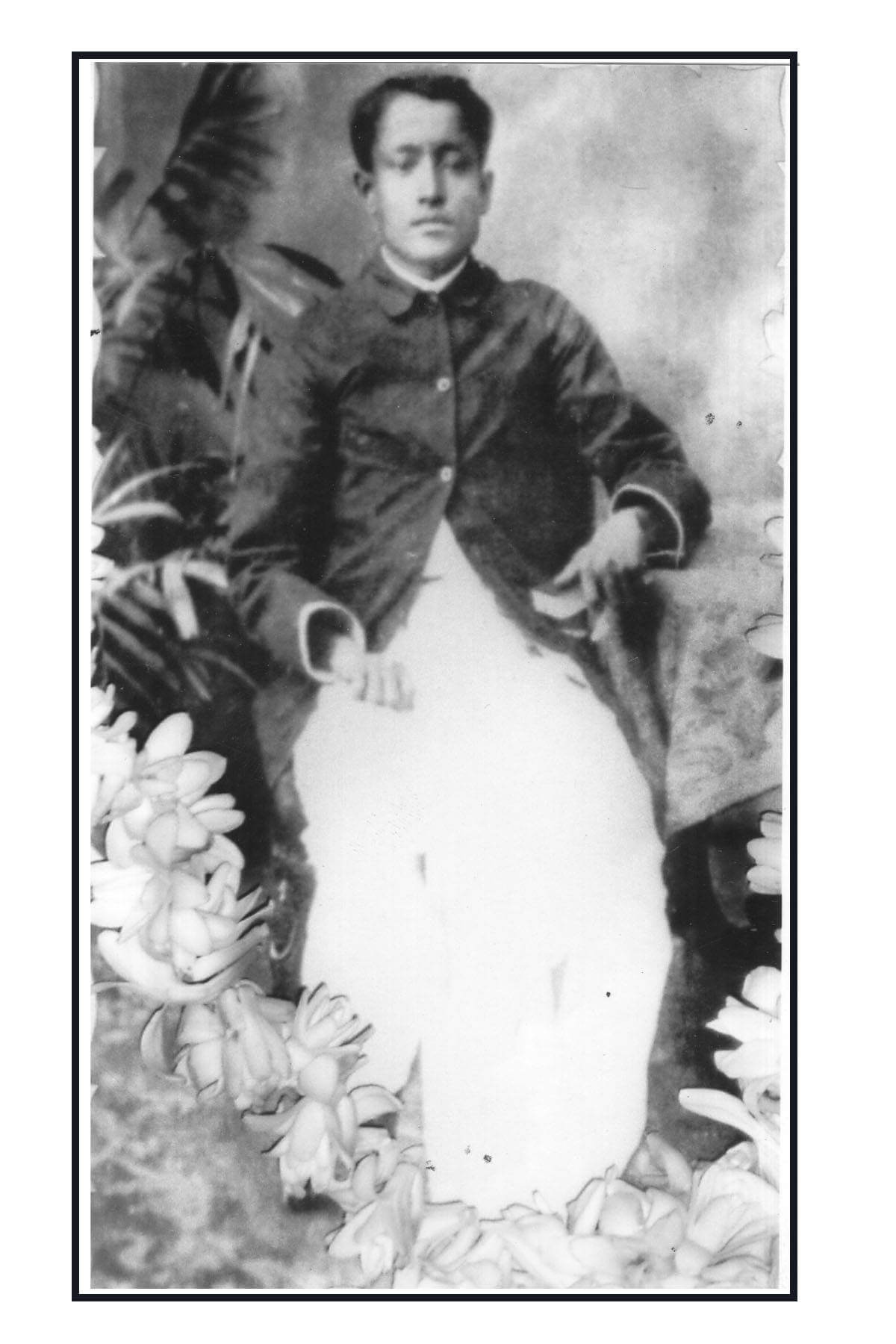Attention to Disabled Voters
Before discussing how reservation for the disabled is going to work, we have to admit that disabled voters received some attention from the Election Commission of India during recent elections. We have noticed that in this particular election the ECI tried to encourage disabled voters to cast their vote. They organized some hands-on demonstration for them on how to exercise their franchise. Braille ballots containing serial numbers of contesting candidates with their names and political affiliation were there in all booths. Of course, there were some exceptions where the polling officers could not supply these lists in Braille. We have to accept it as a drawback. In some cases the ECI made elaborate arrangements to pick up disabled voters from home.
Both the centre and the states have remained indifferent to the basic needs of the disabled community. Participation of the disabled in the election may bring about some change in terms of awareness; political parties may just remember that we can also add to their votes. But will it ensure their right to education and rehabilitation? Poverty is at the root of disability. About 20 crore people remain half-fed or unfed in the country. It is quite natural if the disabled voters demand proper economic measures to improve their lot.
But no one will raise a point for them in the House of the People unless they have their own representatives and they can send their own representatives if there is reservation for the disabled people.
The seventeenth Election to the House of the People is finally over. The official results will be out in four days, and people will take note of the promises kept by the political parties. What is the situation of the disabled persons? How far is their lot going to be affected?
We discussed in our previous article that there is a slight shift towards disabled voters in the manifestos of some political parties. The credit goes to the activists who have hammered home rights of the disabled in the media. Let us not hope that this will bring in much change in our fate. If the promises are remembered and reiterated, we shall call it a success.
Form of Reservation for the Disabled
The cause of the disabled persons cannot gain focus unless there is reservation for them in the legislature. The major problem of the disabled voters is that they are spread all over the country. The Scheduled Caste and tribe voters live in certain areas where they have a lion’s share of the total votes. Naturally, political parties have to win their confidence by doing something positive to win those seats. Unfortunately it can never happen to the disabled voters. They may be 10% in all constituencies. They are everywhere, but nowhere are they strong enough to influence the election result. We know that the Jaths and Thajurs and even the Mathuas do not form a large part of the total population. Yet they receive special attention from the contesting parties because they are concentrated in a particular area. They form the vote bank of that area. Their vote can influence the election results. The disabled voters can never do it in the present system of election.
Then, what is the way out? If there is reservation for the disabled in the election, it does not mean that the disabled representatives will uphold their cause. We have seen some disabled members in the legislature in India, both at the centre and the state. But they did not rise beyond their party interests.
In this milieu we propose to introduce a system in which disabled voters will elect their own representatives, i.e. they will vote for disabled representatives for the seats reserved for the disabled. It will ensure that the elected representatives will remain accountable to the disabled voters. We know, this system will need constitutional amendment. But this alone can be the solution.
Bengali readers may listen to this Shrutikalpa editorial on reservation in the legislature for the disabled on YouTube.
